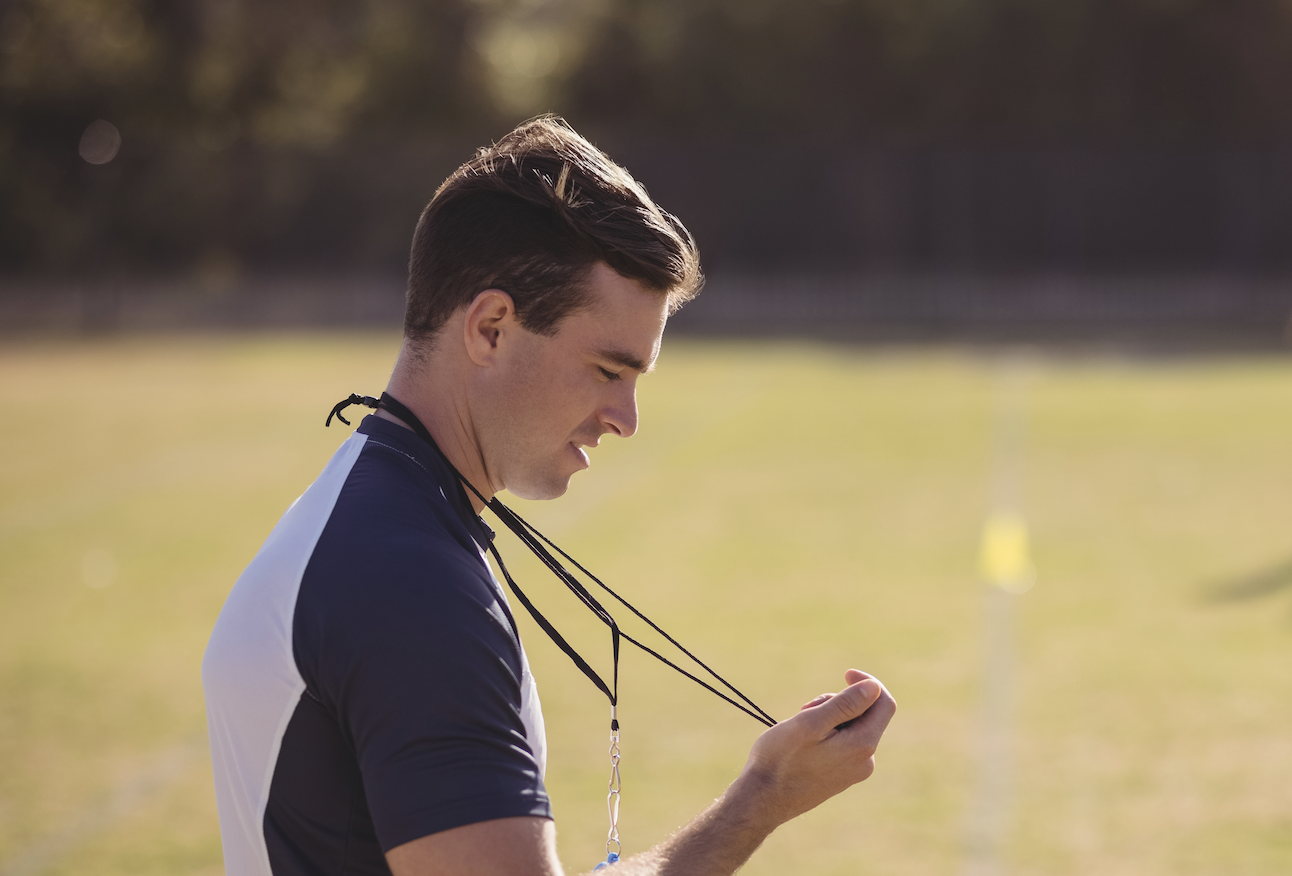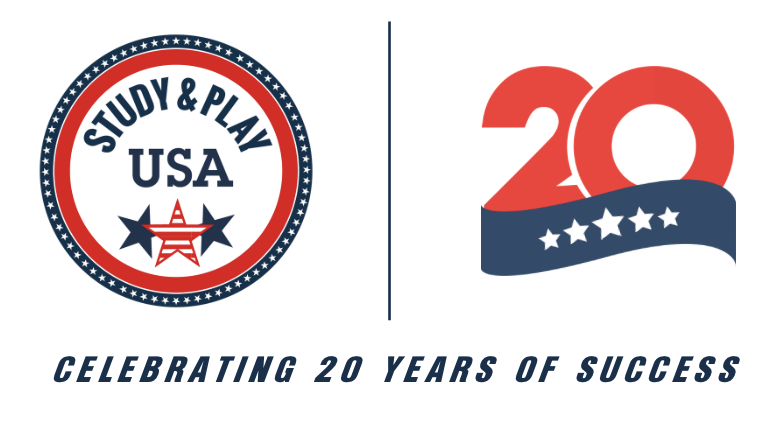
07 Jul What is the Role of a US College Coach?
US College coaches wear many hats. Most importantly, they assume the role of coach, mentor, recruiter, and manager. However, what they are not is a replacement for your primary/technical coach at home. Joining a college team for many athletes can invoke a concern that they will need to part ways with their technical coach, whom they have been working with for many years. This is not the case and all student-athletes are able to continue working with their personal coach throughout their entire college career. College coaches are not intended to be a replacement coach, but rather a supplementary coach that guides student-athletes across a variety of athletic, academic, and personal pursuits.
The Coach
Among a college coach’s most important responsibilities is to be exactly that – a coach. As a coach, their roles are to structure practices to get the best out of athletes, both individually and as a team. They can provide technical advice, facilitate drills, develop game strategies and tactics, set expectations for performance, and motivate players. Some coaches are former professional athletes and Olympians; others have coached professional athletes and Olympians. Some coaches have competed at the most elite amateur level in their sport and are accomplished college athletes themselves, while others are simply passionate about their sport and mentoring young adults to reach their full potential. In the recruiting process, it is important to think about what kind of coach is most aligned with your aspirations.
The Mentor
A college coach can also be one of your greatest mentors. They can play the role as your biggest advocate, genuinely invested in helping you to achieve your goals, whether that be on the sporting field or in the classroom. For most student-athletes, college is the first time that you will experience living away from home without your parents.
Coaches are entrusted with your care and often end up taking on a parent-figure type role in terms of helping navigate life’s challenges when you are thousands of miles from home. They can be your first go-to person for advice on most matters and provide guidance with your best interests at heart. The relationship between you and your college coach can be one of the most important relationships you will have, not only during college but throughout your adult life.
The Recruiter
Much of a coach’s job hinges on recruiting. They are responsible for identifying and recruiting the best athlete’s possible to be part of their program. Coaches especially look for athletes who will strengthen the team’s performance and contribute to a winning record. When a team’s record comprises mainly losses, resulting in a position at the bottom of their conference rankings, a coach’s job may be on the line. A coach will therefore dedicate countless hours to recruiting the right athletes. They will travel across the country (and sometimes the world) to watch athletes compete in person, hold numerous phone calls, exchange countless messages, and act as a liaison between the prospective student-athlete and the university’s admissions office.
It is important to ask the right questions of coaches during the recruiting process to ensure that their style matches your goals.
The Manager
One of the less noticeable but most essential roles of a college coach is that of a manager. This can include anything from setting a competition schedule for the entire year against quality opposition to scheduling weekly practice and workout sessions. It also involves coordinating the logistics of travel, including booking flights, accommodation, and organising food/drinks on the road. Coaches are also responsible for ordering team gear and uniforms, ensuring their players are in compliance with eligibility requirements, and monitoring their players’ academic progress. This is where assistant coaches often come in to help with the smaller but crucial administrative, logistical, and operational tasks.
Should I Choose my College Based on the Coach?
The role of a college coach is multi-faceted. They are many things all at once. When choosing the right college, the relationship you form with the coach should be one of your key decision-making factors.
However, whilst the coach- athlete relationship is very important, it’s more and more important to identify other aspects to a particular college that appeals to you. This may include meeting other athletes on the team, meeting assistant coaches, researching academic programs and more.
A good question for prospects to ask themselves is ‘if this particular coach happened to retire or transfer jobs to another university, would I still want to stay at this university? The answer, ideally, should be yes.

